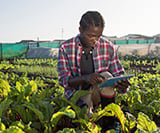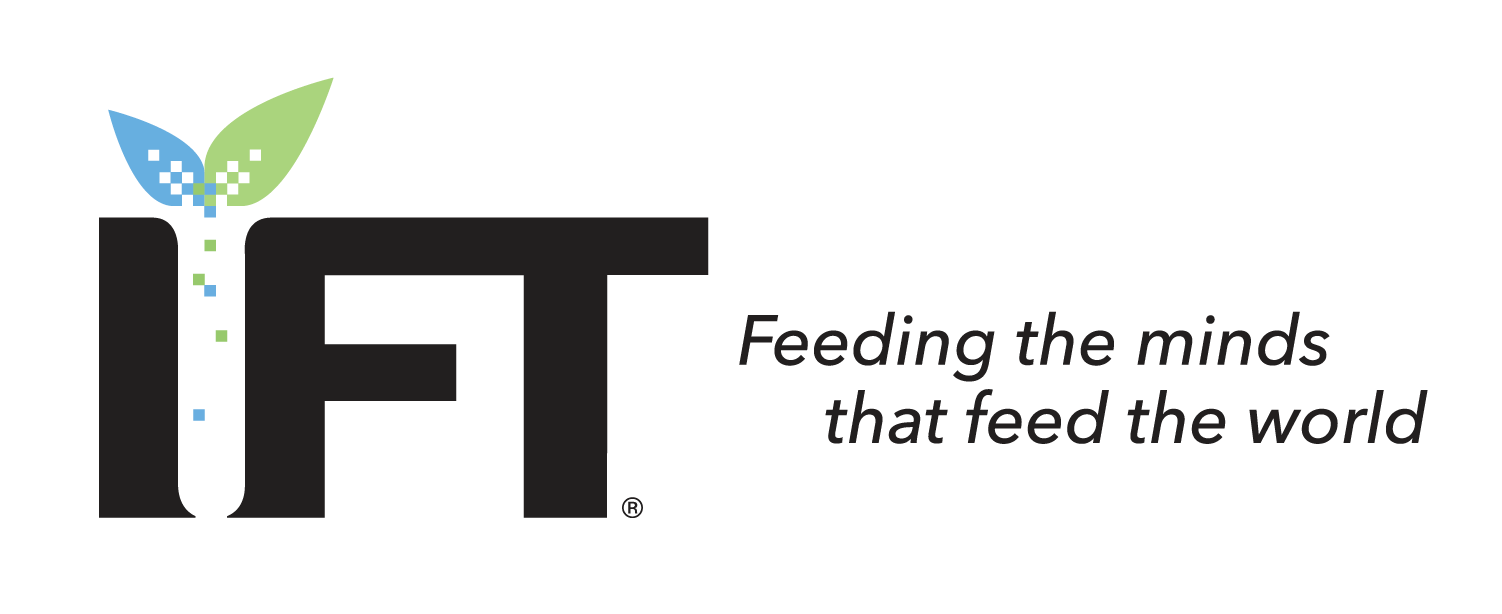Food Science for Relief and Development (FSRD) is the application of food science and technology to enhance food security, health, and economic prosperity for global humanitarian and development purposes.
Food-related aid has traditionally centered on humanitarian crises, agriculture in development, and nutrition. These are critically important areas for addressing food and nutrition insecurity, but FSRD seeks to create a more comprehensive food system that would allow food science to connect and enhance all three areas. FSRD can be utilized in both acute and chronic aid situations, and incorporates long-term sustainability and food options that are precisely fit for their purpose.
Justification
One of the United Nations’ Sustainable Development Goals (SDG) is Zero Hunger, with a target date of 2030. The aim of the goal is to end hunger on a global scale and ensure all people have access to sufficient, safe, and nutritious food all year round - in other words, food and nutrition security.
Unfortunately, since 2015 the number of people who go hungry has been increasing. Currently, 821 million people are undernourished and 135 million people are experiencing a crisis level of food and nutrition security. If current trends continue over 840 million people will be undernourished by 2030. Additionally, the effects of the COVID-19 pandemic are expected to put an additional 130 million people on the brink of acute hunger.
To help reverse these trends, principles of food science should be utilized in the fight against food and nutrition insecurity. In fact, the United Nations highlights the importance of science, technology, and innovation in ensuring food security in their 2017 report by the Economic and Social Council.
According to  the Food and Agriculture Organization, there are four dimensions of food nutrition and security: food availability, access to food, food utilization, and food stability. The principles of food science and technology encompass each of these four areas yet, to date, have not been adequately employed.
the Food and Agriculture Organization, there are four dimensions of food nutrition and security: food availability, access to food, food utilization, and food stability. The principles of food science and technology encompass each of these four areas yet, to date, have not been adequately employed.
Key Points
FSRD’s holistic and inclusive methodology includes the following features:
- Emphasizes long-term development approaches to include prevention, relief, improvement and rehabilitation
- Implemented in consultation with local communities and other partners
- Utilizes locally sourced materials and resources
- Employs culturally appropriate and innovative food solutions
- Human-centered
- Economically and technically feasible
- Sustainable
- Useful in both long-term development and emergency relief situations
FSRD implementation is multidisciplinary, involving experts in nutrition, product development, food safety, compliance, process engineering and quality control. It also encourages partnerships with governments, the private sector, donors, NGOs, academia and other organizations. In addition, the design and execution of FSRD projects requires the involvement of the intended beneficiaries, particularly women.

Toolkit Resources
IFT’s FSRD Program Objectives
- Increase awareness of the benefits of food science and technology for development and humanitarian purposes, both in the food science community and the aid industry
- Encourage the use of food science in low-income countries and areas
- Food processing should be minimal in these contexts
The need to incorporate food science and technology into food security efforts is clear:
“There will be a greater need to promote cohesion between FS&T with Nutrition in order to ensure not only low cost, convenience and palatability, but also the requirements for nutritional balance in the whole diet. Because of the focus within the SDGs on agriculture for sustainability and on human biology for diet and health, the need for skills in food science and engineering are hidden” -Lillford and Hermansson 2020
“The benefits of food science innovations have been realized in industrialized nations but not as much in developing countries. This is in part due to limited capability to transform raw food commodities into value-added products, resulting in high losses, which exacerbate food insecurity, malnutrition and poverty. A strong agro-processing industry is needed to help realize these gains. Many organizations are working toward accomplishing this goal.” -Nelson 2007
A UN report states that for “Achieving zero hunger by 2030 will require new and existing applications of STI [Science, Innovation and Technology] across the food system.”
More specifically, the utilization of food science and technology has many benefits including:
- Food nutrition and security
- Extended shelf life and preserving foods for hungry seasons
- Reduced postharvest food loss and waste
- Increased food safety
- Improved nutritional value
- Meeting consumer needs for variety
- Value addition
- Increased profits, job creation, and expanded economies
History of FSRD - Program Evolution
The application of food science to improve food security began as two training courses on the subject of humanitarian food science and technology (HFST) at the University of Lille in France and Ghent in Belgium in 2014 and 2015. After reflecting on these training courses, it was recommended to organize a larger conference on the subject matter of HFST. At the 2017 Australian Institute for Food Science and Technology the first ever symposium on HFST was held. This meeting brought together a diverse group of stakeholders including UN agencies, academics, NGOs, research institutes, and government officials. From here, an international committee was formed to continue the work discussed at the symposium.
In 2019 the International Division of IFT initiated a program called Elevating Food Systems for Relief and Development using the terminology of FSRD but with the same goals as HFST. This program currently consists of three teams: communications, case study, and organizations liaison.

Get Involved!
Interested members can volunteer for our Case Studies Team, which writes up existing recent real-world projects that have resulted in improved food security, enhanced nutrition, economic empowerment, or other benefits through food science and technology.
The FSRD program welcomes a diverse group of IFT member volunteers from around the world to participate. Please note that you must be a paid-up IFT member.
If you're not a member you can join here.
For more information or to volunteer contact Donna Rosa at donna@donnamrosa.com

FAQs
Do I have to be an IFT member to get involved with FSRD?
Yes, as this is an IFT sponsored initiative. We also encourage volunteers to join the International Division for a more complete perspective on the program. There is no charge for IFT members to join the division.
Do I need to have a food science background to be on the Case Studies Team?
A technical background is highly encouraged due to the scientific nature of the case study format, but not mandatory. Strong research and writing skills are also important.
How does the Case Studies Team work?
Writers work in pairs. We have writing templates, procedures, and a review process. The group meets virtually over Zoom once a month. There is a time commitment of a few hours per month, and we do ask that you be diligent and participate as expected.
What are the benefits of participating in FSRD?
You’ll learn all about the use and potential of food science to help those in need, and have a ground-level opportunity to contribute to this new and emerging field. Volunteers can also network with others from around the world who are passionate about FSRD.
Other questions? Contact Donna Rosa at donna@donnamrosa.com




.jpg)
.png)
.png)
.png)
.png)
.png)
.png)
.png)
.png)
.png)
